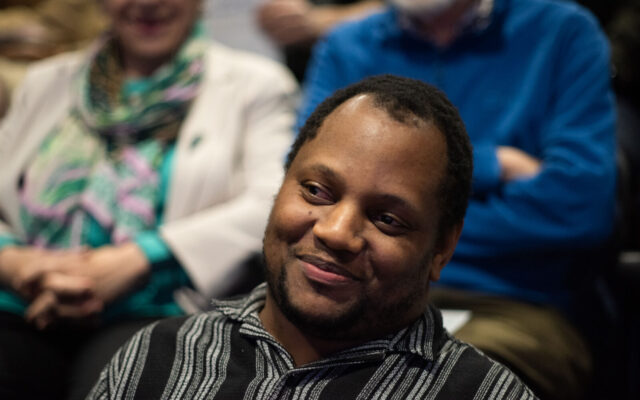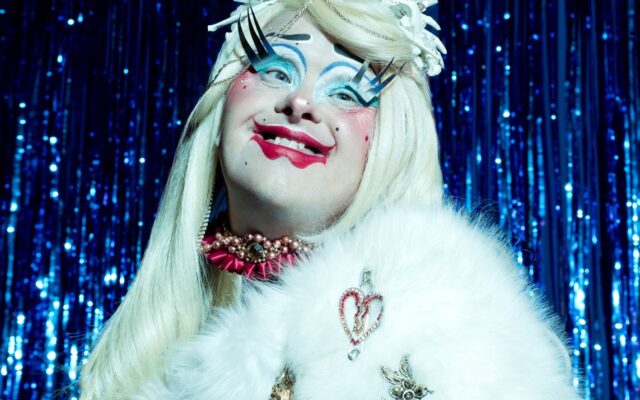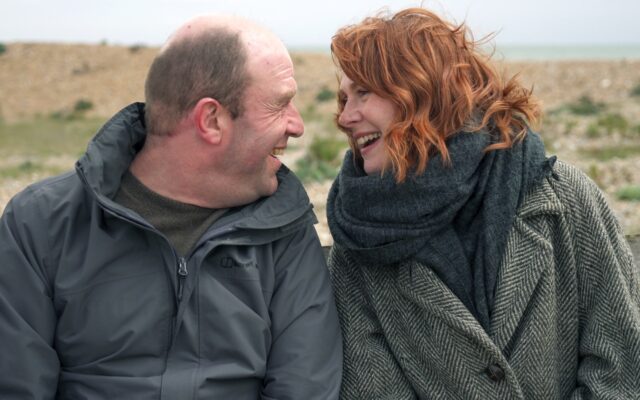Starting a revolution in learning disabled arts
Mark Richardson explores the barriers faced by many learning disabled performers
Creative Minds is a movement that wants to start a revolution in the mainstream arts world. It wants to challenge preconceptions of the value and quality of learning disabled arts and get people talking about what high quality looks and feels like.
Having recently staged the second in our series of national conferences in Bristol to raise the profile and spark debate around quality in learning disabled arts practice, it’s somewhat frustrating to see that we are still up against what Lyn Gardner aptly termed the ‘chicken and egg’ scenario facing the learning disability arts sector.
Lyn argued recently in a Guardian blog that artists and arts organisations can only improve the quality of their practice by being seen and critiqued, and responding to that critique to shape and improve their work. But how can that happen to learning disabled arts companies which are struggling to have their work programmed in the first place? There you have it: the chicken and egg scenario.
Yes, it is frustrating that we’re still debating that problem almost a year into the Creative Minds movement, but as Lyn also pointed out, look how long it’s taken an arts company such as Graeae to become nationally and internationally accepted into the mainstream.
What constitutes good art?
Where does that leave Creative Minds? Whilst we are working hard to create opportunities to discuss the quality of learning disabled work – through our conferences, our website talking area, the media, and through our social media channels – we are still experiencing a great deal of reticence in terms of people voicing an opinion on what constitutes good and poor quality art.
It’s not a problem confined to Creative Minds. The Arts Council – arguably one of the biggest funders of projects and organisations that supports ‘marginalised groups’ to have an opportunity to create and experience art – is itself grappling with the definitions of quality debate. It has invested considerably into a Quality Evaluation Framework pilot in an attempt to define what quality is in participatory arts practice.
It will be interesting to see the outcomes of this work and what it can offer the Creative Minds debate in offering up some indication or consensus on what quality means.
Meanwhile, Creative Minds is pushing forward by investing in the recruitment of a National Coordinator for the programme. We are continuing to try to break down the barriers, not only to the perception of learning disabled work but also to the self-evident taboos that still prevent many people from making a judgement about the quality of what they see.
Creative Minds is a national project in partnership with 27 companies and organisations. It is supported by Arts Council England, Paul Hamlyn Foundation, John Ellerman Foundation and Brighton and Hove City Council (Creative Minds Brighton).
Join in the discussion on http://www.creativemindsproject.org.uk/category/talking-area/
To follow Creative Minds on Facebook: www.facebook.com/creativemindsproject
For further information about Carousel www.
carousel.org.uk
You can read Lyn Gardner’s article on learning disabled theatre at http://www.theguardian.com/stage/theatreblog/2014/oct/17/learning-disabled-theatre-creative-minds-diverse-futures




